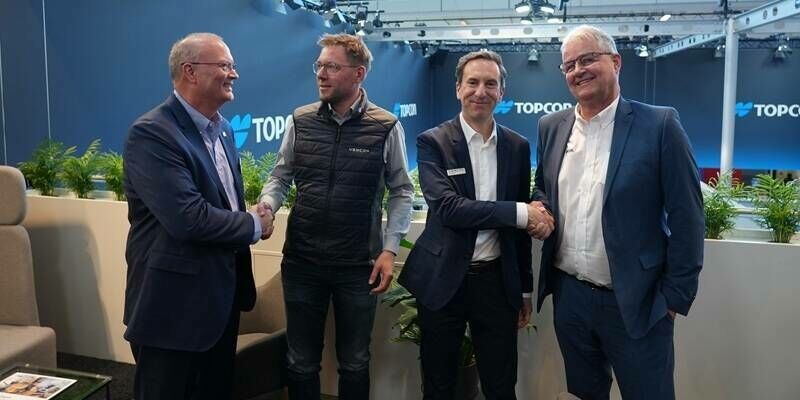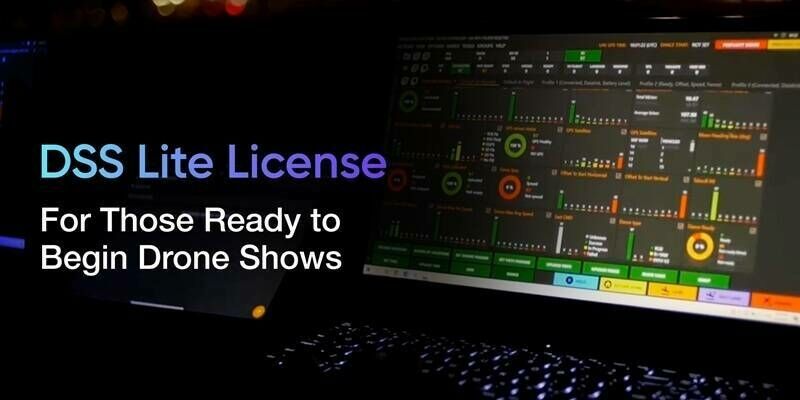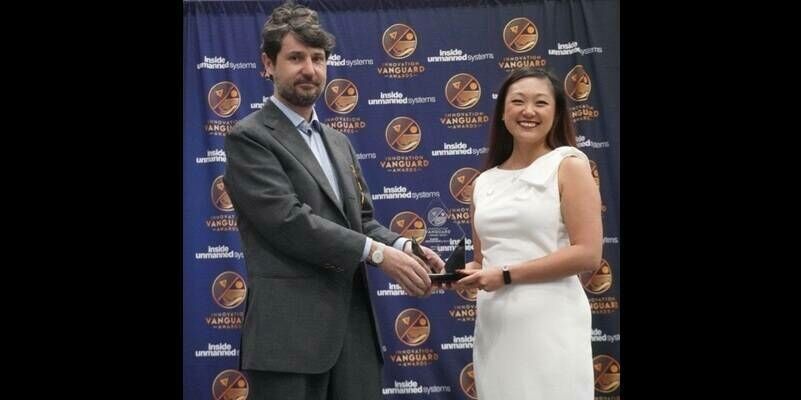GeoSLAMs LiDAR technology is mapping forests as part of the Centre for Research-based Innovation (SFI) SmartForest in Ås, Norway.
SFI SmartForest aspires to put the Norwegian forestry sector at the forefront of technological advances and Industry 4.0. Advancements in digital technologies and industry, trends toward an interoperable future, with high collaboration, a free flow of information, and real-time communication. Industry 4.0 is still in its infancy; however, early adopters of smart factories or smart forests can see the benefits of interconnectivity.
Led by The Norwegian Institute of Bioeconomy Research (NIBIO), the SFI SmartForest aims to bring industry 4.0 to the sector over an 8-year period. The primary goal is to improve the efficiency of Norwegian forestry by enabling a digital transformation, using innovative technologies. They want to increase productivity, reduce environmental impacts, and review other significant climate benefits.
Focusing on silviculture, forest operations, wood supply, and the overall digital information flow, SmartForest is investing in sensible enabling technologies such as handheld LiDAR sensors, to help achieve its goals. One such LiDAR solution is the GeoSLAM ZEB Horizon laser scanner.
Walking and scanning with the ZEB Horizon captures data from beneath the forest’s canopy. Projecting 300,000 laser points per second with a range of up to 100 meters, the scanner produces dense 3D models of large areas, in a short period of time. The accurate point cloud data includes the forest floor, debris, tree trunks, and thick vegetation. When needed, UAVs capture the heavy vegetation of the forest canopy, merging both datasets.
The team, headed by centre manager Rasmus Astrup, regularly captures point cloud data in 250 square meter plots of land, with a further ambition to scan larger areas in the future. Frequent data acquisition is a key part of SmartForests plans and GeoSLAMs Handheld LiDAR scanners, alongside UAV data capture help to achieve this. The ZEB Horizons’ ease of use makes data acquisition a simple, repeatable task for Rasmus and his team and the high-accuracy data provides a foundation for deep learning models.
Automatic segmentation of the tree trunks allows for easier counts, and provides precise forest inventory, down to the individual tree. The segmentation will lead to the extraction of features for specific trees such as wood quality, biomass, and other ecologically relevant variables to monitor forest health.
Subscribe to our newsletter
Stay updated on the latest technology, innovation product arrivals and exciting offers to your inbox.
Newsletter

